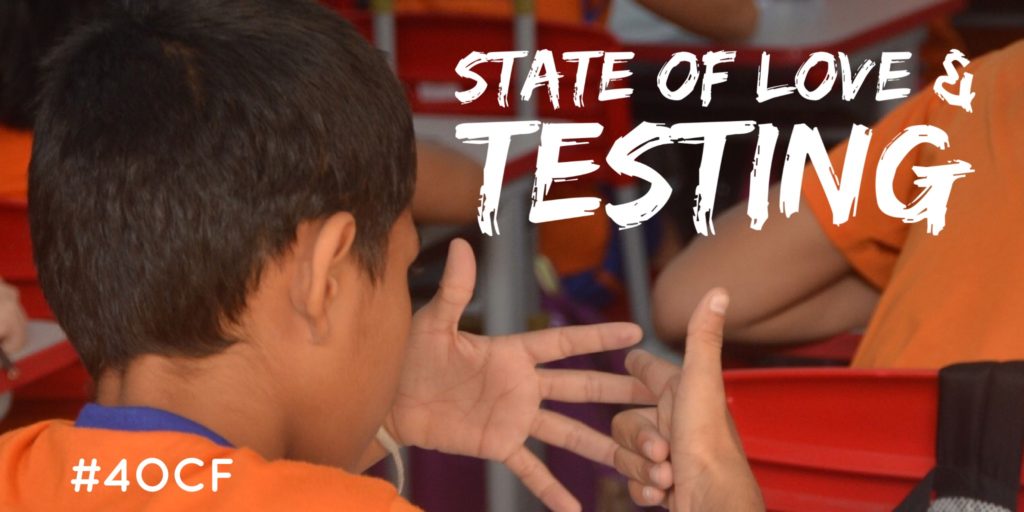Another testing season is almost over. Many students across the country have now completed standardized tests and exams in multiple subjects across multiple days.
Having been heavily involved since the beginning of the most recent implementation of online standardized tests, I have (nearly) seen it all. After a few years of online testing, some students have adapted to this new structure of testing.
Some students sit down, answer the test questions, and casually read a book when they are finished, without a care in the world.
Some students struggle to make it through a test session, as nervousness grows into anxiety, which sometimes result in full on panic attacks. Tears ensue and meltdowns occur, with educators and parents left to pick up the pieces.
Some students fly through questions, answering a dozen or so in as little as two minutes, without considering whether they have learned anything throughout the year that may help them with the questions.
Some students look for help as they have all year long, only to be told that their teacher can’t help because it’s a test. Teachers respond with a “Do Your Best,” walking away knowing that the child requires support and feeling awful for not being able to help.
As an administrator who tries to minimize the pressure that students and teachers feel, I wonder if this is what we really want for our kids. Is this the best use of our time? Can we use more effective forms of assessment to better gauge student learning? Does testing need to be so high stakes?
In the end, however, score reports are returned and students, teachers, and administrators are judged on the performance of a single set of tests. Evaluations will be tied to the scores and educators will be rated based on student performance (on a set of standardized tests). Schools, districts, and states will be compared, and we will determine success based on a very small portion of what students actually do.
And I will again wonder, how can we do better?
Rich (@RACzyz)




